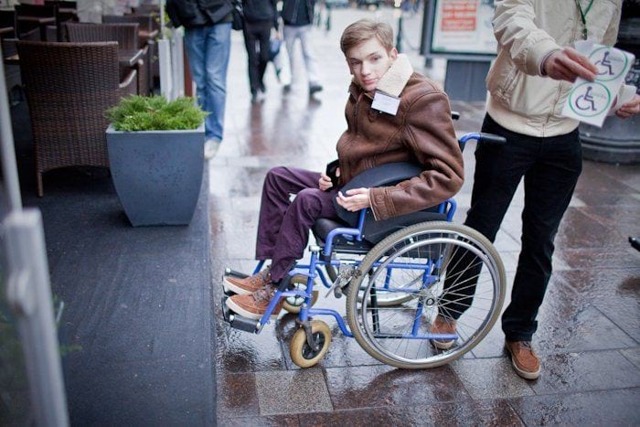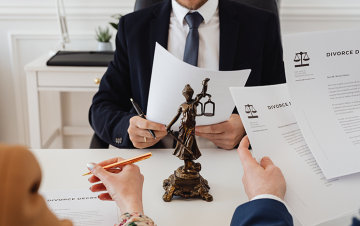I am Mariya Borevich, your personal lawyer. My primary goal is to help clients find optimal solutions to current legal issues, ensuring reliable protection of their interests. I specialize in family, civil, and military law, which allows me to effectively handle a variety of situations and cases. In family law, I provide support in resolving issues related to divorce, property division, establishing and challenging parental rights, alimony, and child custody. I understand that these matters are often emotionally complex, so I always strive to find the most delicate and fair solutions for all parties involved. In civil law, I assist in settling disputes related to contracts, property rights, compensation for damages, inheritance, and other issues concerning the protection of personal and property interests. Special attention is given to military law — supporting servicemen, protecting their rights and interests related to military service, social guarantees, and legal disputes. This area requires deep knowledge and understanding of the specifics of military service and the legislation regulating it.
Is it possible to obtain guardianship over a group 3 disabled person, arrange guardianship over a disabled person of group 3. Yes, in Ukraine it is possible to issue guardianship of a disabled person of group 3. Guardianship provides assistance and protection of the interests of persons who, due to their physical or mental condition, cannot independently secure their rights and interests.
Registration of guardianship over a disabled person of group 3 includes several steps:
Medical opinion: First of all, it is necessary to obtain a medical opinion about the state of health of the person, which confirms his need for guardianship.
Appeal to the guardianship and guardianship authority: The next step is to appeal to the local guardianship and guardianship authority at the place of residence of the person who needs guardianship. Such bodies usually function under the social protection departments of local councils.
Submission of documents: Submit the necessary documents, including a statement of desire to become a guardian, documents about your income and living conditions, consent of the disabled person for guardianship (if possible), and other relevant documents.
Decision: After reviewing the documents and checking the living conditions of the disabled person, the guardianship body makes a decision on the appointment of a guardian.
Court approval: In some cases, depending on the law and the circumstances of the case, court approval of the decision to appoint a guardian may be required.
Guardianship provides an opportunity to provide proper care for a disabled person of the 3rd group, in particular, managing his finances and property, as well as representing his interests in various institutions and before third parties.
How to obtain guardianship over a group 3 disabled person, legal support. The role of a lawyer in the guardianship registration process is important and multifaceted, as it includes a number of tasks aimed at protecting the rights and interests of both the guardian and the person who needs guardianship. Here are the main aspects of the lawyer's role in this process:
Counseling and information: The lawyer provides full information about the legal requirements and procedures related to guardianship registration. It helps to understand the rights and responsibilities of the guardian, as well as the rights of the person who needs guardianship.
Preparation of documentation: The lawyer helps to collect and correctly complete all the necessary documents, including the application for the appointment of a guardian, medical certificates, documents confirming the consent of the person for guardianship (if possible), and other relevant documents.
Representation in guardianship and guardianship bodies: A lawyer can act as a client's representative in various government institutions and guardianship bodies, ensuring compliance with legal procedures and protecting the client's interests.
Legal representation: If necessary, a lawyer can represent the client's interests in court, especially in cases where a court order is required to determine guardianship.
Post-Conservatorship Assistance: Even after the conservatorship is approved, a lawyer can continue to provide advisory services, including assisting in the management of the ward's property and finances, ensuring compliance with the guardianship responsibilities under the law.
The lawyer ensures that all actions within the framework of registration and implementation of guardianship are carried out ethically, with respect for the rights and dignity of the person who needs guardianship. In general, a lawyer plays a key role in protecting the rights and interests of both parties in the guardianship process, ensuring that the entire process is in accordance with applicable law and in the best interests of the person in need of guardianship.





























